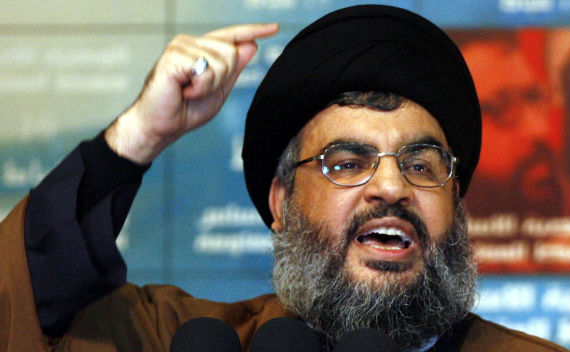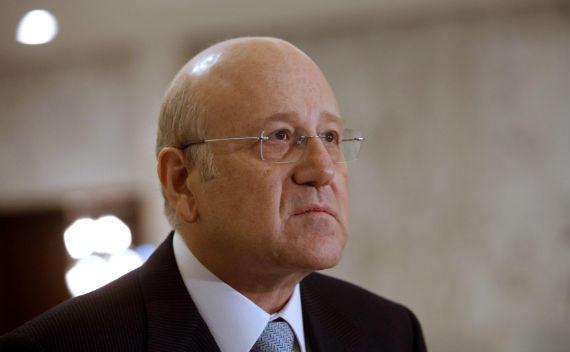The "Resistance" in Lebanon
More on:

The influence of the United States in the Middle East is declining while that of Iran is rising. That’s the meaning of events in Lebanon, where Hezbollah has in essence thrown Prime Minister Saad Hariri from office and is about to choose his successor. Under Lebanon’s constitution, the prime minister must be a Sunni. But Najib Mikati, the Hezbollah designee, is a Sunni who will owe his office not to support in the Sunni community but to Hezbollah’s decision to make him PM. Hezbollah now has the votes in parliament to put him in, and of course to throw him out should he cross them.
Mikati will be a competent official; he’s a talented man and a hugely successful businessman. That’s not the point. He has close ties to Syria and Hezbollah, and it is clear which side is in power in Lebanon.

One can argue that this outcome has been inevitable since May 2008, when Hezbollah sent its forces into the streets of Beirut to show that it could and would use its army against non-Shiite Lebanese—and the United States, France, the Saudis and other supporters of an independent Lebanon did nothing. But that’s three years ago and only now has Hezbollah defied the rest of the Lebanese population and demanded that it name the Sunni who will lead the government. This reflects the continuing reduction in American sway in the region, and especially the “engagement” with Syria. The last straw may have been the decision to send an ambassador to Syria by recess appointment despite the Senate’s unwillingness to confirm the administration’s candidate. That foolish gesture must have indicated to the Syrians and to Hezbollah that the administration had learned nothing from two years of insults and rebuffs by Damascus.
What now? Beyond the speeches, two issues arise. The first is how Lebanon’s Christians and Sunnis will conduct themselves (the Druze leader, Walid Jumblatt, has thrown in with Hezbollah). Will they keep up a political resistance to Hezbollah and to its hand-picked prime minister, with votes in parliament, demonstrations, and requests for international support? Will they, for example, ask the Obama Administration and the Government of France, and indeed the Arab League, to refuse to receive Mikati, and try to make it impossible for him to keep his poisoned office? Second, will the United States make it clear that a Hezbollah-governed Lebanon cannot be our partner?
Hezbollah’s power grab is a consequential event for the Middle East. Hezbollah claims that it is the “Resistance” but that mantle now moves to the other side, the March 14 movement that has won Lebanon’s recent elections. The key questions now are whether they will resist, and whether we will back them.
More on:
 Online Store
Online Store